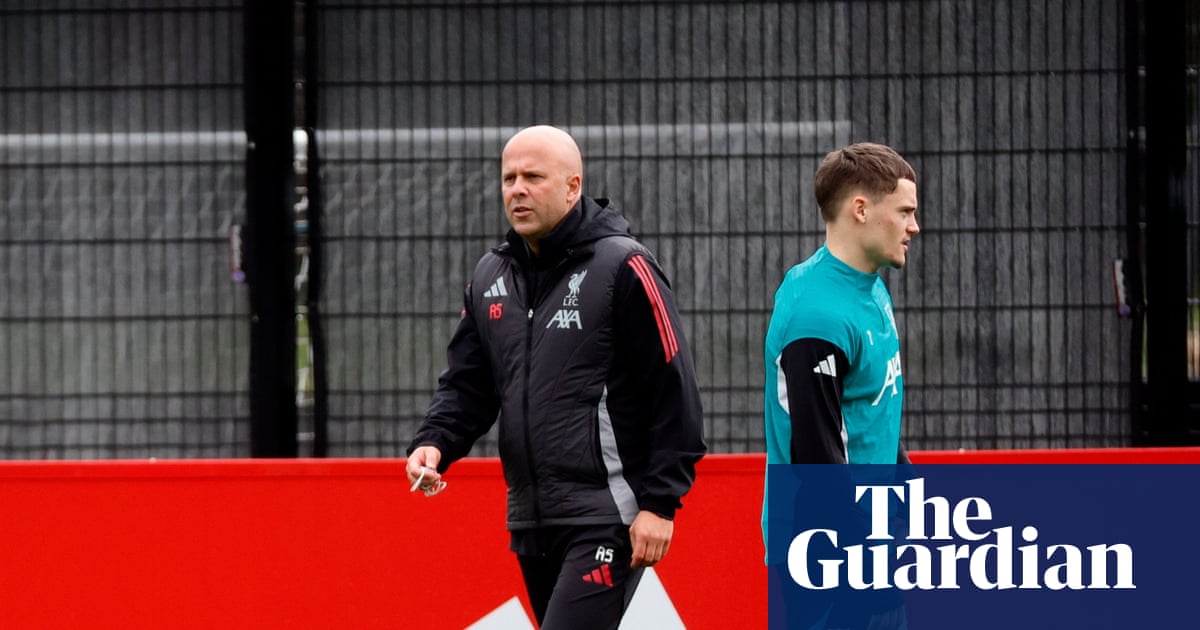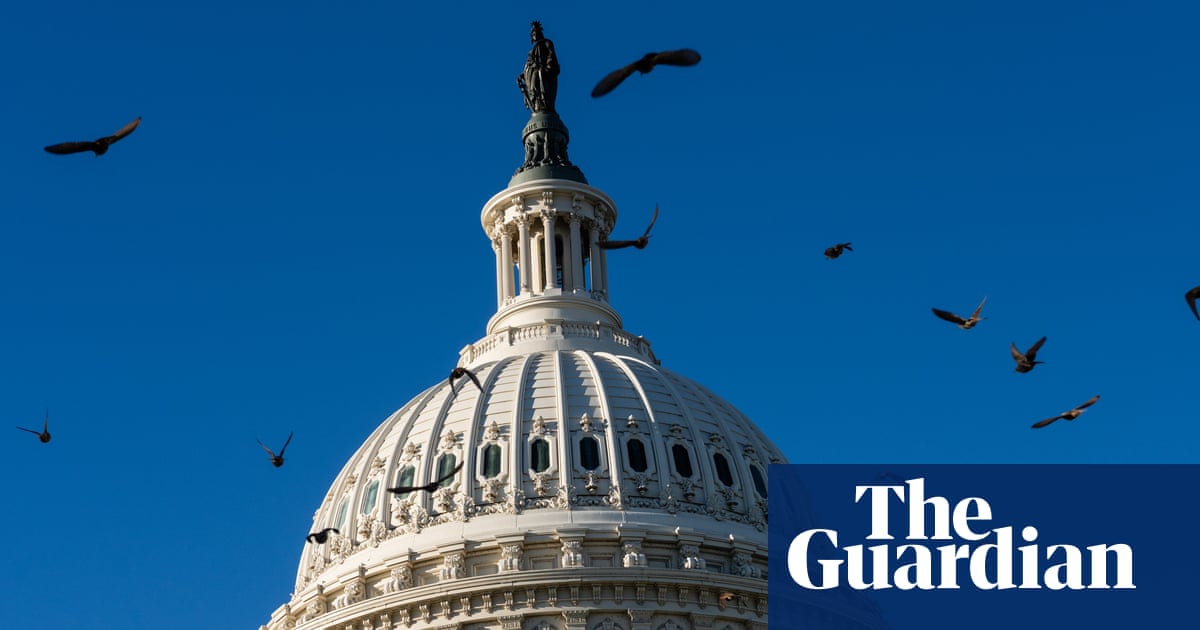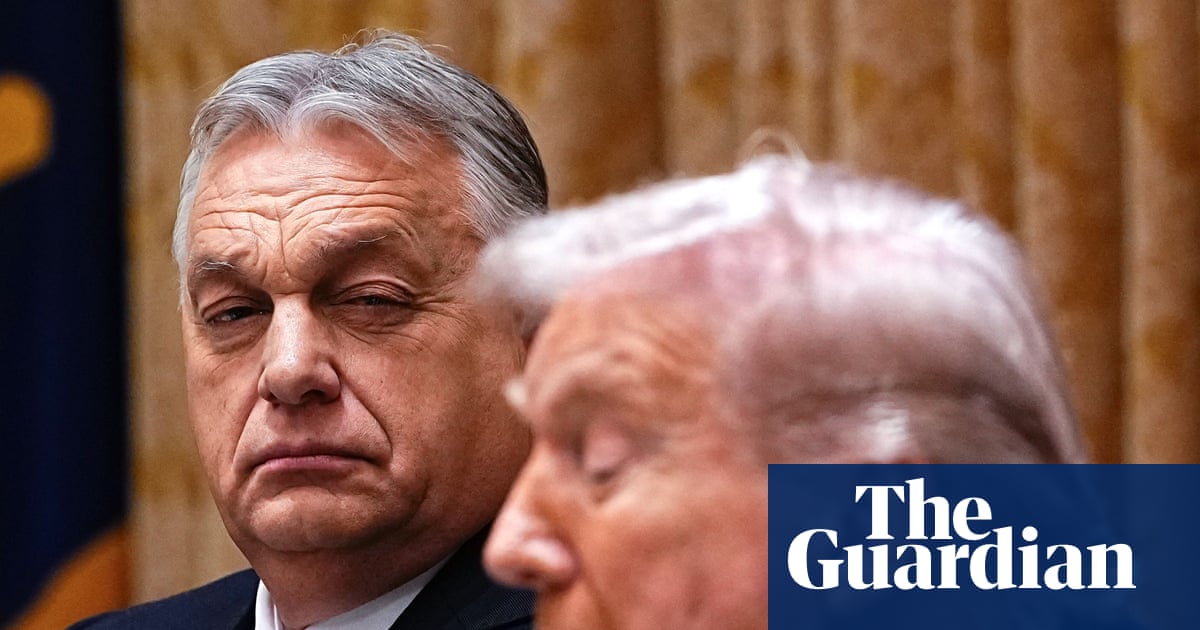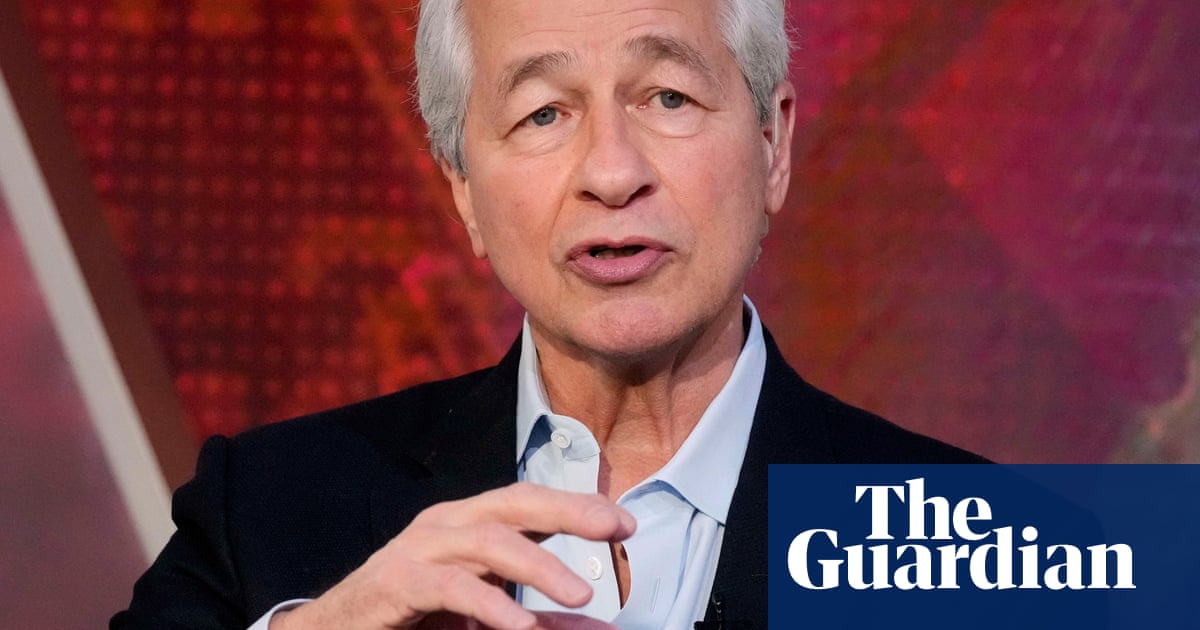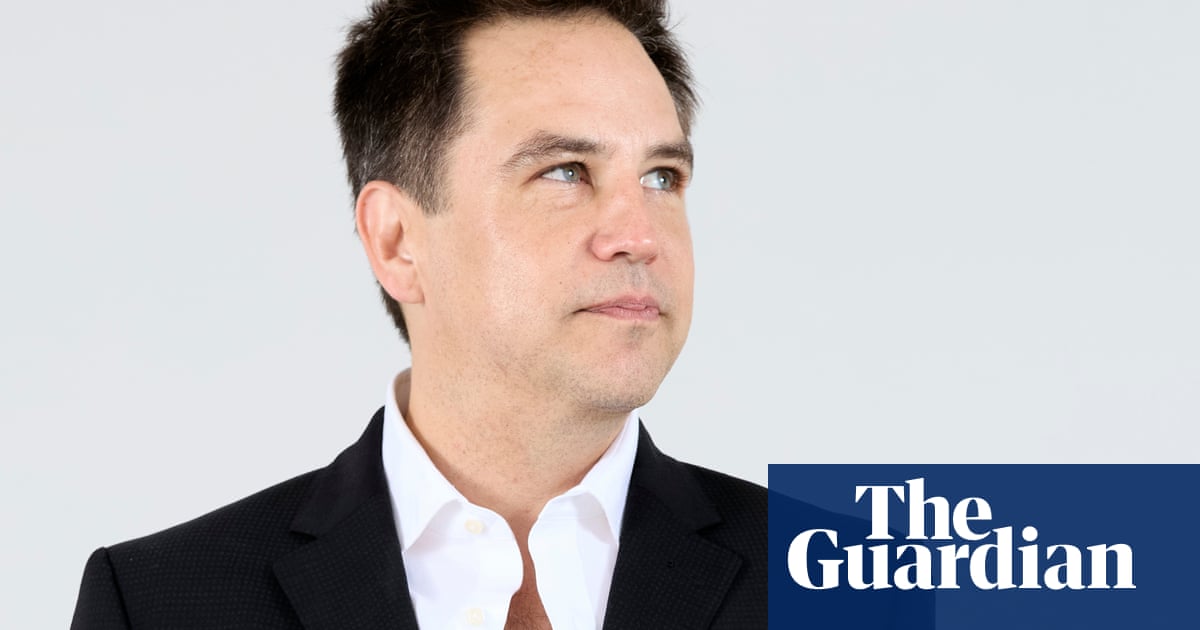Farewell, Ofwat, soon to disappear down the regulatory U-bend. Its leadership has been up against some serious corporate miscreants and boardroom financial engineers over the years, but abolition is the right decision. The original sin – overseen by New Labour – was to allow the leveraged takeover boom of the mid-2000s, which was the point at which regulatory control over the sector started to be lost. The past decade has been about trying to undo the damage, which has only exposed yawning gaps in regulatory knowledge, such as the storm overflow scandal that broke in 2021. A “reset” moment is overdue by about 20 years.
Sir Jon Cunliffe’s review goes to the heart of one main problem: the fragmented, overlapping and inflexible nature of a regulatory system that takes in not just Ofwat and the Environment Agency (a regulator that lost its way as severely) but also the Drinking Water Inspectorate, Natural England and Natural Resources Wales. That structure is simply confused. A super-regulator in England (and equivalent in Wales) should, the theory goes, solve the problem of duplication and lack of coordination. Simpler is better.
One line of criticism says the government is merely rearranging the deckchairs. Not necessarily. The bite in Cunliffe’s recommendations, if they are to succeed, will be the switch to a “supervisory” model. The description is bland but, if done correctly, it could make a difference, as it has in financial services, from where Cunliffe, one of the clean-up officials at the Bank of England after the great crash, has drawn his analysis. The Prudential Regulation Authority is capable of striking fear in bank boardrooms.
For water, it will require the regulator to know a company’s operations in detail at a basic engineering level, and thus be equipped to know when excessive returns are being made or when, genuinely, the company hasn’t been given the financial resources to do the job. It is, for example, amazing that Ofwat’s board does not include anyone with the job title “chief engineer”. (The new regulator should have one, says Cunliffe.) And it is even more astonishing, 36 years after privatisation, that nobody seems to have a clear idea of the real state of companies’ assets. (Fix that too, says the report.)
Add it up and there is a framework for a more commonsense approach than the current cycle of reviews and exchanges of documents running to thousands of pages. “Ofwat has relied too heavily on a data-driven, econometric approach, and has not taken sufficient account of company-specific conditions and challenges,” says Cunliffe’s commission. It is hard to disagree.
In the end, it is not possible to run a privatised system without strong regulators who form their own judgments. New powers, under Cunliffe’s advice, would allow regulators to block certain owners and to apply a financial-style suitability test for senior executives. Both sound like improvements if backed by “public benefit clauses” in water company licences that would allow the regulator to interfere more aggressively.
Given the sector’s history of financial engineering, Cunliffe could have gone further and suggested caps on debt levels. Instead, he opted for new regulatory powers to set minimum capital levels. That is weaker, but at least we may see an end to the nonsense of Ofwat announcing a leverage ratio for its “notional” company (55% of assets currently) and then being ignored.
In other respects, the report will read as investor-friendly: “company-specific” supervision and the possibility of “regulatory forbearance” in turnaround situations will be music to the ears of the sector laggards. If the latter is to achieve public consent, the other side of that coin will have to be tougher day-to-day enforcement of environmental laws, which comes down to the government’s willingness to fund boots on the ground. That part is the gift of ministers.
Indeed, Steve Reed, the environment secretary, should take note of what this report demands of government – a “step change” in strategic approach, including setting medium- and long-term priorities and an acknowledgment of trade-offs. Step one, one can suggest, would be for Reed to stop claiming the government has “secured £104bn of private sector investment” when everybody knows the vast bulk of the sum comes from customers’ bills.
after newsletter promotion
For some, nothing less than full nationalisation will do. On that score, the government’s resistance is justified. Nationalisation would take years, would be challenged in court if attempted at less than market value, and offers no guarantee of success if the HS2 debacle is a guide to departmental talents in building critical infrastructure. Cunliffe’s vision of a “low-risk, low-return” sector for investors is a better pragmatic bet if the goal is to clean up lakes and rivers as quickly as possible and actually build some reservoirs. Low-risk cannot mean risk-free: it must still be possible for the owners of outright corporate flops to lose their shirts, as the mugs who bought Thames Water from Macquarie will.
Everything will depend on execution, of course. In the meantime, the Thames crisis rumbles on and special administration remains a highly possible outcome for that disaster, not least because Cunliffe’s review should remove the “contagion” risk for the wider sector. For now, the forward-looking aspect of his review is the thing to focus on. A tally of 88 recommendations illustrates how much has gone wrong. But the core advice to create a single, stronger regulator – one that can throw its weight around on the basis of up-to-date information – should be unarguable.

.png) 3 months ago
59
3 months ago
59

